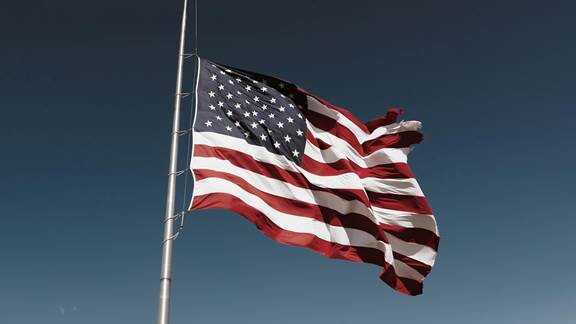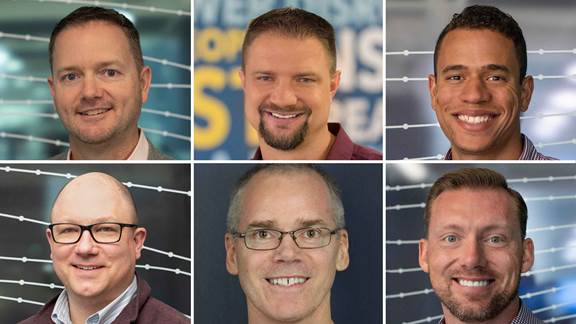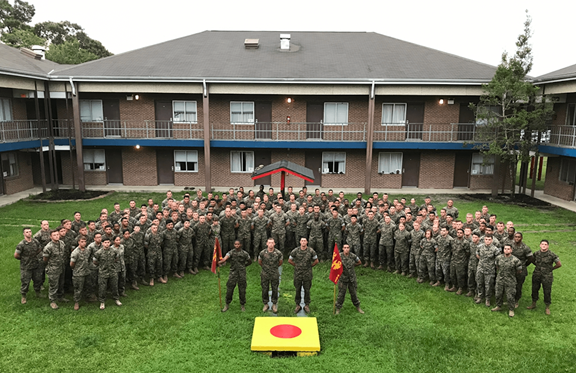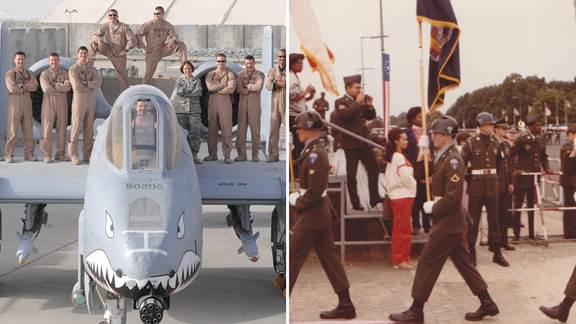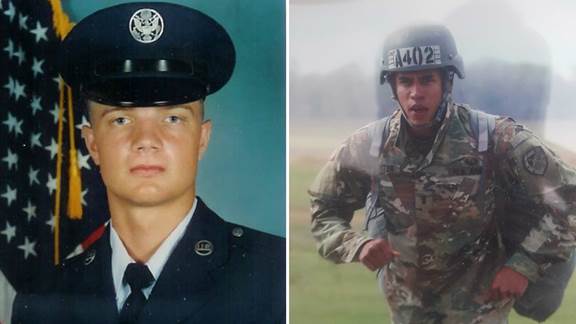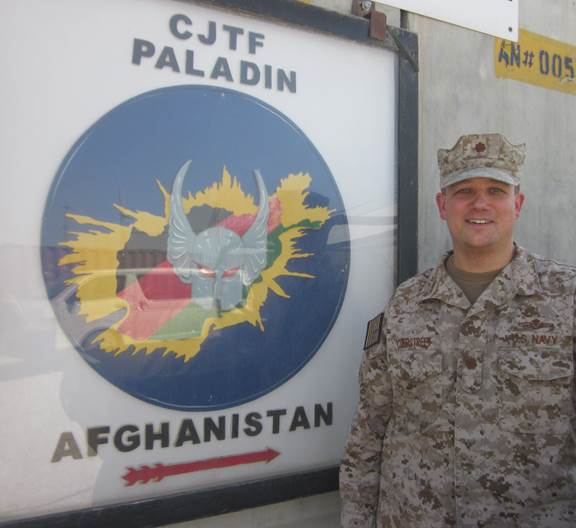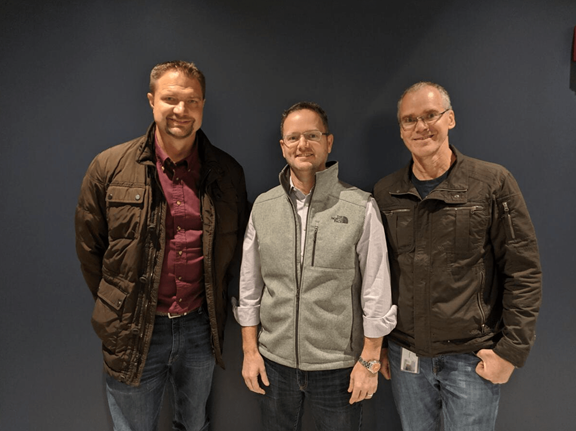How has military service prepared you for the challenges presented by the tumultuous events of 2020?
Brendan O’Brien, Director of Global Growth Operations:
Resilience and adaptability. Our service men and women are put into uncomfortable and dynamic situations from day one of basic training. They go through lengthy field exercises, and, of course, combat deployments. The saying “embrace the suck” is a common one in the service. It’s a light-hearted way of helping keep focus on what really matters, which is not your discomfort or the original plan, but accomplishing the mission and taking care of your people. When the operating environment is austere or even extreme, the situation is highly dynamic, and you’re enduring mental and physical duress, veterans remain resilient and adapt to win.
Carl Grin, Senior Director of Solution Delivery & Office of the CTO
In the military no problem is too hard to solve and within a unit, everyone works together for the purpose of the mission. Being a team player and doing your part to combat the COVID pandemic is just a normal part of being a veteran.
2020 came out of nowhere, and I was by no means prepared. However, having spent some time in the military I’ve gone through countless hours of resiliency training. Resiliency training is pretty much an interactive session where the instructor will go over some fundamental resiliency pieces, along with common negative thinking traps and how to overcome them. In those classes we focused on everything from “Hunt the good stuff”, to what it really means to catastrophize and how damaging that can be to someone, especially when that person is isolated. By having some of that training in my back pocket, I’ve been able to curve those negative thinking traps when they start to creep in because I can’t responsibly go see my friends or go to see one of my favorite movies with my wife. The mind is a terrible thing to waste, and usually our strongest critic is ourselves!
“Adapt and overcome” is a mantra in the military. Since COVID, I joined a new team, onboarded to a new project, integrated with a new working culture, started writing requirements, and started leading as quickly as possible to provide value to the client.
Mark Sage, Technical Consultant
I have always disliked virtual meetings and when given a choice, I always come to the office. I have been on two different teams since the pandemic started and didn't know anyone on the teams prior to starting the engagements. The military got me used to talking to strangers and establishing relationships. "There are no strangers here; only friends you haven't yet met. :)”
Most military members have been deployed in some way in service to America. Those deployments are typically arduous, complicated, and emotional parts of our lives that last months to years. So in some respects, service members have experienced tumultuous events before entering 2020. My experience and advice to veterans is two fold, first would be to treat our current environment with the same fervor of effort pre-deployment training has placed on us all, and to be prepared with a personal mission statement and end state that allows us to succeed. Secondly, is for us to use our experience in demanding and stressful situations to help those in need. Remember, service doesn't stop when you take off the uniform.
